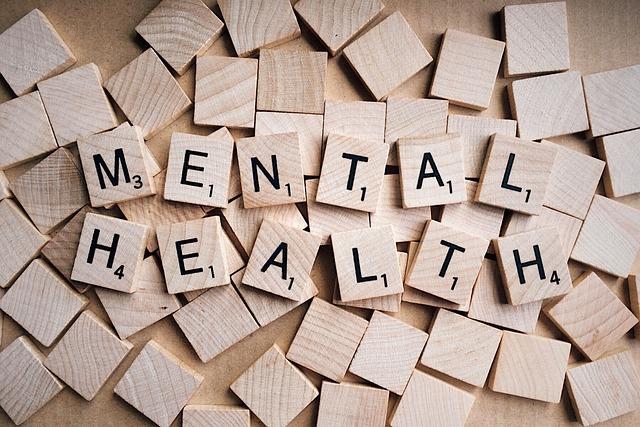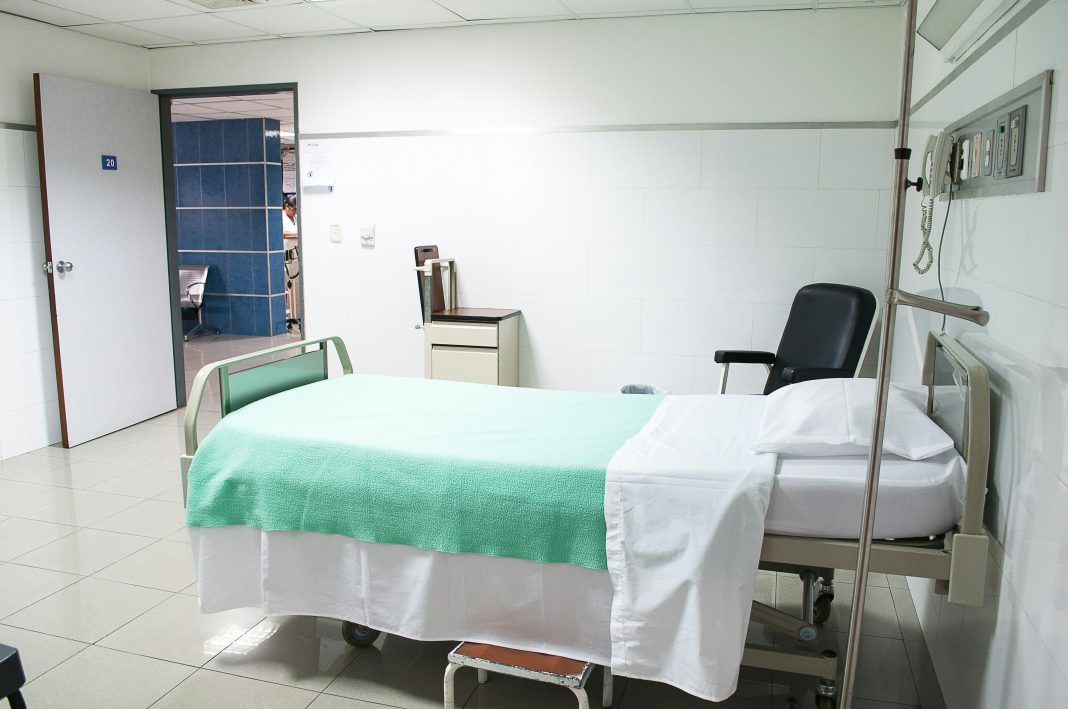In the bustling symphony of modern life, where the cacophony of deadlines, responsibilities, and digital notifications often drowns out the quieter notes of personal well-being, the concept of taking a mental health day emerges as a vital pause—a rest note in an otherwise relentless composition. In this era of perpetual motion, where success is often measured by productivity and endurance, the significance of stepping back to nurture one’s mental health is becoming increasingly recognized. This article delves into the essence of mental health days, exploring why these deliberate respites are not merely indulgences but essential components of a balanced and healthy life. As we journey through the reasons and benefits of these intentional breaks, we invite you to reconsider the traditional narrative of work-life balance and embrace a more holistic approach to personal well-being.
Understanding the Role of Mental Health Days in Boosting Productivity
In today’s fast-paced work environment, taking time to prioritize mental health is not just a luxury but a necessity. Mental health days provide an opportunity to recharge, allowing employees to return to their tasks with renewed focus and energy. These days are not merely about taking a break; they are about enhancing one’s overall well-being, which directly influences productivity levels.
- Enhanced Creativity: A refreshed mind is more capable of thinking outside the box and approaching problems from new angles.
- Improved Focus: Regular breaks to address mental health can help reduce distractions and increase concentration.
- Better Decision Making: When mental fatigue is reduced, decision-making processes become more efficient and effective.
Incorporating mental health days into the workplace culture not only supports employees’ well-being but also fosters a more productive and positive work environment. By recognizing the importance of these days, companies can unlock the full potential of their workforce.

Recognizing the Signs: When to Prioritize a Mental Health Day
In today’s fast-paced world, it can be challenging to identify when your mental well-being requires a pause. Yet, understanding the signals your mind and body send is crucial. Stress and anxiety that seem to linger despite your best efforts might be an indication. If you’re experiencing overwhelming fatigue, even after a good night’s sleep, or find it difficult to concentrate on tasks that once came easily, it may be time to step back and recharge.
- Emotional Exhaustion: Feeling emotionally drained or having a short temper.
- Loss of Motivation: Struggling to find enthusiasm for activities you once enjoyed.
- Physical Symptoms: Experiencing headaches, stomachaches, or muscle tension without a clear cause.
- Social Withdrawal: Avoiding social interactions or feeling disconnected from loved ones.
Recognizing these signs is the first step in acknowledging the need for a mental health day. By prioritizing your mental well-being, you not only benefit yourself but also improve your ability to support others. Remember, taking a day to focus on your mental health is not a luxury—it’s a necessity.

Creating a Supportive Environment for Mental Health Breaks
Fostering an environment where taking time off for mental health is not only accepted but encouraged, is crucial for both personal well-being and organizational health. It’s essential to integrate mental health breaks into the workplace culture, ensuring that employees feel supported and understood. This can be achieved by adopting policies that promote mental wellness and actively encouraging open conversations about mental health.
- Encourage Open Communication: Foster a culture where employees feel safe discussing mental health without fear of stigma or judgment.
- Flexible Scheduling: Allow for flexibility in work hours and provide options for remote work to accommodate personal needs.
- Create Restorative Spaces: Designate quiet areas or relaxation rooms where employees can recharge during the day.
- Educate and Train: Offer workshops and training sessions on mental health awareness to build empathy and understanding.
- Lead by Example: Managers and leaders should model taking mental health days themselves, demonstrating that it is a valued part of the workplace culture.
By embedding these practices, organizations can ensure that their teams are not only more productive but also more resilient and engaged. is a proactive step towards a healthier, more harmonious workplace.

Practical Tips for Making the Most of Your Mental Health Day
Taking a day to focus on your mental well-being is not only beneficial but essential in today’s fast-paced world. To ensure you truly reap the benefits, here are some practical tips to guide you through your day:
- Unplug from Technology: Dedicate this day to disconnect from emails, social media, and news alerts. This digital detox can help reduce stress and allow you to be present in the moment.
- Engage in Activities You Love: Whether it’s painting, reading, or hiking, choose activities that bring you joy and relaxation. This is your time to indulge in what makes you happy.
- Practice Mindfulness: Incorporate mindfulness exercises such as meditation or deep-breathing exercises. These practices can help center your thoughts and reduce anxiety.
- Reflect and Journal: Spend some time reflecting on your thoughts and feelings. Writing them down in a journal can be a therapeutic way to process emotions and gain clarity.
- Nourish Your Body: Eat wholesome meals and stay hydrated. Consider preparing a favorite dish or trying a new recipe to make the day feel special.
Remember, the goal of your mental health day is to recharge and focus on yourself. By following these tips, you can create a nurturing environment that supports your mental and emotional well-being.








